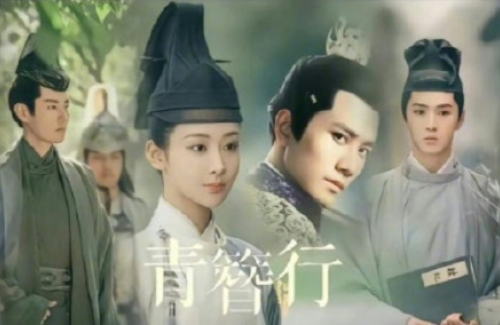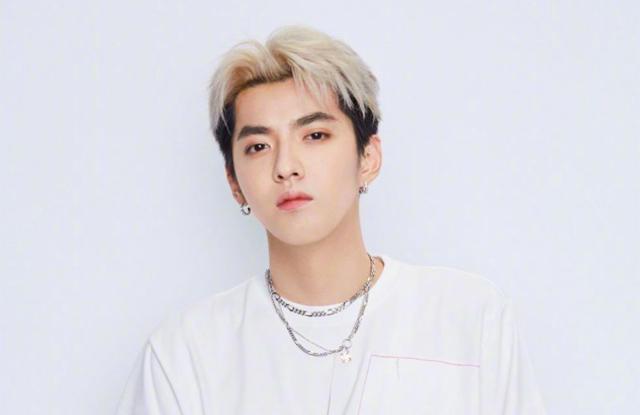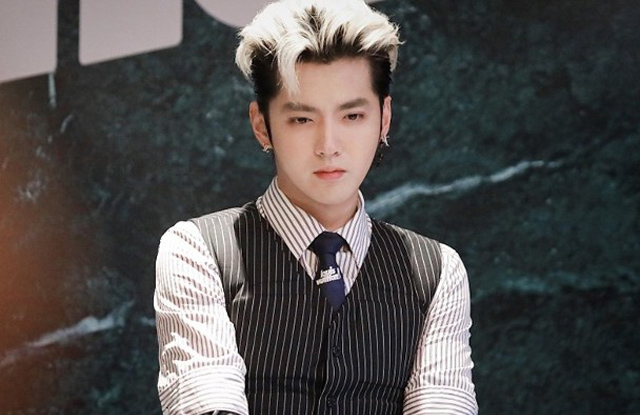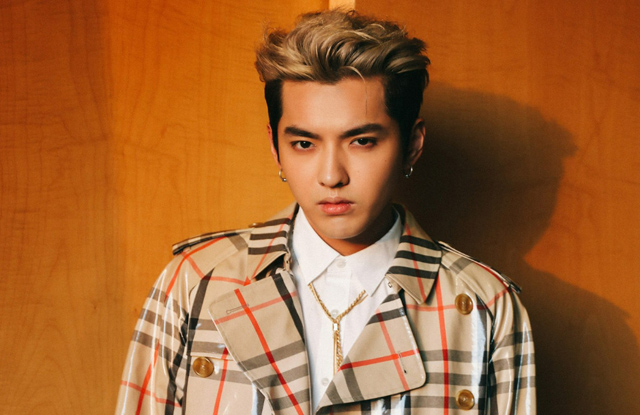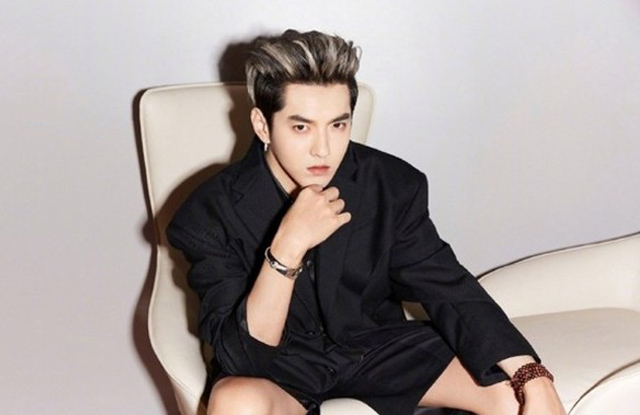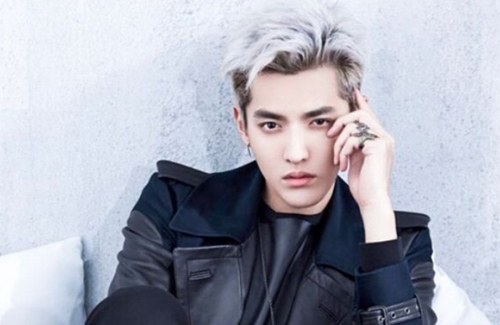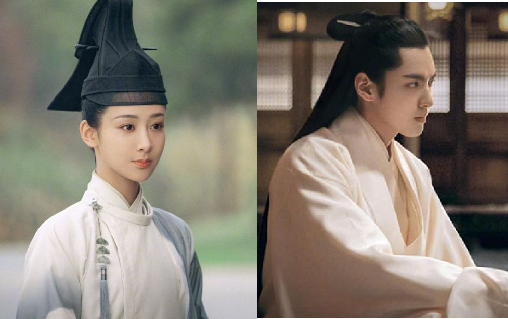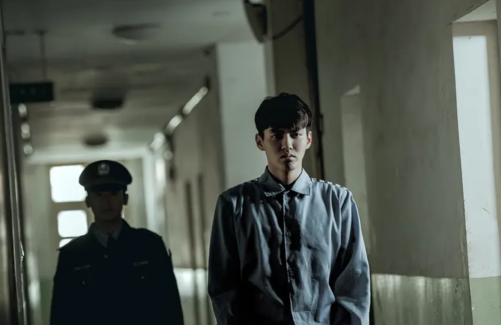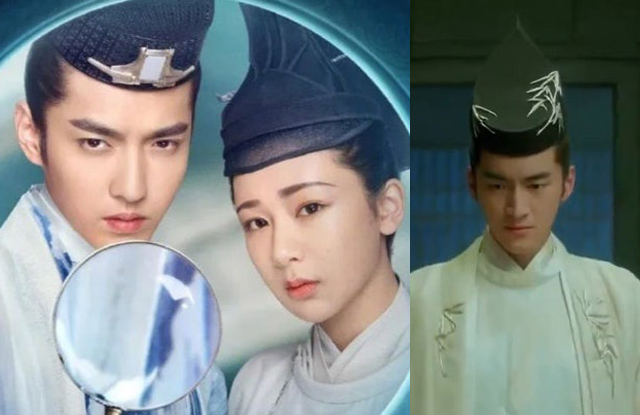Deciphering Victim Responses in Celebrity Sexual Assault Cases

Three high-profile Asian celebrity sexual assault cases gripped international headlines in recent years, sparking outrage and also deeper understanding of victim responses in the aftermath. Accused of sexual assault and drug rape in 2021, Canadian Chinese singer Kris Wu is currently held in Beijing’s detention center and is awaiting trial. In 2013, Korean singers Jung Joon Young and Choi Jong Hoon were sentenced to five years in prison for gang rape. In these cases, the female victims were largely young women, sometimes minors, who were scared of speaking out.
In August 2021, over two dozen female victims accused Wu of sexual assault at privately organized events. Wu’s predatory behavior seemed to follow a pattern where he would use his celebrity status to target increasingly young victims, who were his fans, and initially hesitant to file police reports against him.
Du Meizhu was one of the first women to speak out on Chinese social media platform Weibo, and accused Wu of sexually assaulting her at a casting interview two years ago when she was 17 years old. One teenager from Los Angeles was invited by Wu’s assistant to a drinking party and passed out from drugs. She accused Wu of raping her and has filed for litigation in the United States.
In Wu’s case, the victims were mainly underage girls or young women, which made it difficult for them to speak up in China’s traditional society where virginity for unmarried females is still emphasized. Wu’s victims were anxious the public would victim-blame instead of believing them. Likewise, the teen from Los Angeles was initially afraid to press charges because of Wu’s power in the entertainment industry.
Similar to Wu, Jung Joon Young committed drug rape and “viewed the victims just as a tool for pleasure.” However in his final testimony, he stated he “deeply [regrets his] foolishness and [feels] great remorse,” according to BBC News. On the other hand, the South Korean court reported Choi Jong Hoon “did not feel remorse after mass-raping drunken victims.”
As Wu, Jung, and Choi were already established singers, their fame and power made it more intimidating for victims to speak up. Women in these three cases were initially afraid they would be victim-blamed for provoking the predators. Comments such as “Why didn’t you say anything earlier?” or “Why you didn’t notice any red flags and leave before anything else could have happened?” make victims more scared to speak up.
While the #MeToo movement started in the U.S. 2006, it quickly picked up momentum in China and South Korea as a way to empower women who experienced sexual violence. According to Psychology Today, the #MeToo movement enabled women to gain higher self-esteem in calling out the perpetrators, comforted by the fact that so many other women had experienced something similar.
Wu, Jung, and Choi’s cases continue to open up more conversations about victim responses. Even in traditional East Asian societies, women are starting to realize their voices matter and can use each other as a support system. A woman should never be scared or think it is too late to say “Me Too.”
Works Cited: BBC, Psychology Today
This article is written by Vivian H. for JayneStars.com.

